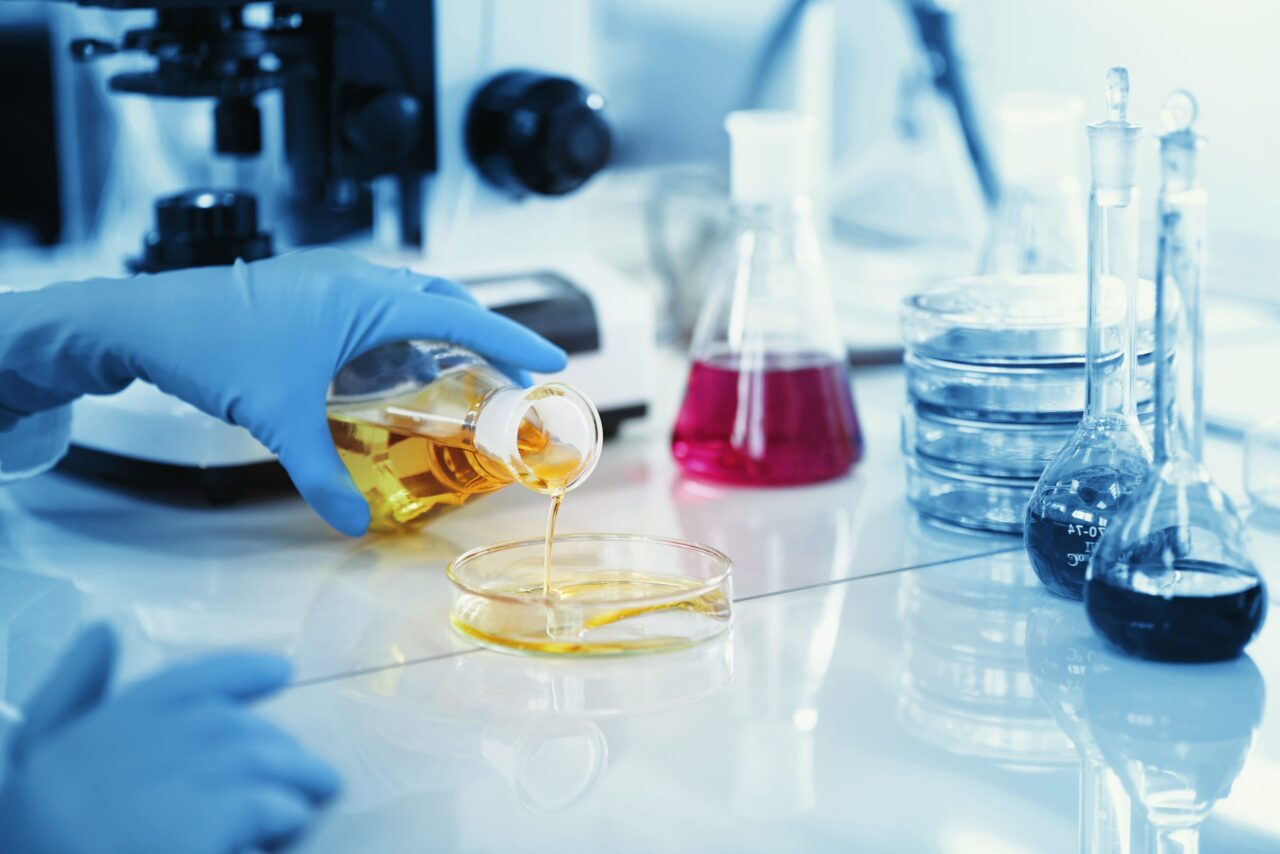An ELISA microplate reader is a laboratory instrument that is responsible for detecting and processing biological and chemical data by absorbance (ELISA, enzymatic activity and quantification of nucleic acids and proteins), luminescence and fluorescence detection modes, including intensity, TRF and polarization according to the model. They are useful laboratory tools used in drug discovery, research, immunologic testing, hormone detection, bioassay validation, and biopharmaceutical manufacturing.
They are commonly used to read the results of the ELISA technique, as this equipment has the ability to detect the light emitted by samples that have been pipetted on a microplate, to determine the presence of specific antibodies or antigens present in a sample. These readers analyze 96 or more microplates wells with samples, so their use is very favorable to laboratories, reducing reagents and samples used which leads to better performance.
Technology used by an ELISA microplate reader
An ELISA reader is a laboratory equipment that has an optical system that uses fibers that in turn provide light to the microplate wells containing the samples. The light emitted by the microplate reader passes through the sample and its detection system amplifies the light from the sample and determines its absorbance. Later, this is converted into data that allow the analysis of the results.
The samples are deposited in specialized plates where the analysis is carried out. These teams can have 96 or more sample wells. The more wells the equipment has, the fewer reagents and samples used, leading to better laboratory performance. The optical sensors of a microplate reader may be located above or directly below the sample plates. Its controls are regulated by microprocessors and quality control programs, allowing the whole process to be programmed and automated.
What is the purpose of an ELISA microplate reader?
As mentioned above, an ELISA microplate reader performs spectrophotometry, since these devices emit light at a wavelength, and measure the amount of light absorbed and reflected by an object as a protein. Being able to measure ultraviolet and visible light. In addition, ELISA microplate readers can also measure fluorescence and luminescence. Based on the principle that chemical dyes fluoresce or emit a color or wavelength when exposed to light. The amount of reflection, absorption, and color identify and measure the amount of a substance.
ELISA microplate readers are instruments designed to measure antibody tests. They are so versatile and useful that they have also been adapted for other purposes using protein and enzyme analysis, HIV detection and nucleic acid quantification.
How does an ELISA reader work?
An ELISA reader is a specific spectrophotometer that has a series of diffraction filters or grids that limit the range of wavelengths to those used in the ELISA technique, usually wavelengths between 400 and 750 nm. Although some analyzers operate in the ultraviolet range and can perform analyzes between 340 and 700 nm.
The optical system of this equipment uses fibers that provide light to the microplate wells containing the samples. And the light emitted by the microplate reader used to perform the ELISA passes through the sample and its detection system amplifies the light from the sample and determines its absorbance. The optical sensors of an ELISA reader are usually placed on or directly below the sample plates. The controls of this equipment are regulated by microprocessors and quality control programs, allowing the process to be programmed and fully automated.
This time we present our Elisa Reader YR05127. This innovative equipment with cutting edge technology has the following features:
- Windows operation interface, figure button, mouse operation, touch screen.
- 96-well plate, multiple tests on a single plate.
- The arrangement of the test item on the microplate can be stored and
- The parameter can be modified and stored
- Shaking plate, speed and adjustable lime.
- You can add or modify open systems, test items, and parameters.
- Large storage capacity for 1,000 test items and 1,000,000 results
- 10.4-inch touch sensitive color LCD
- Printing a complete report, including hospital and patient information and test results
- Built-in laptop, easy to use
For more information we invite you to take a look at: HERE

